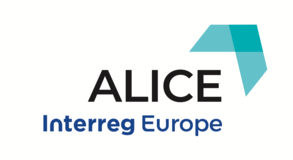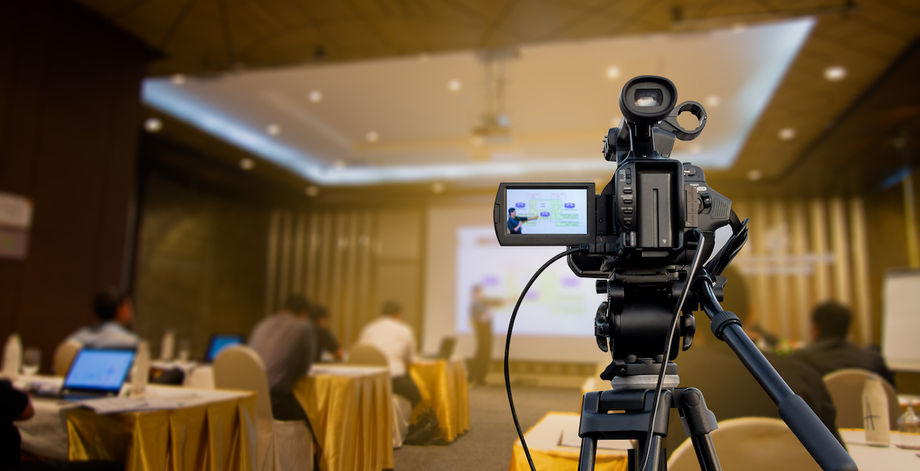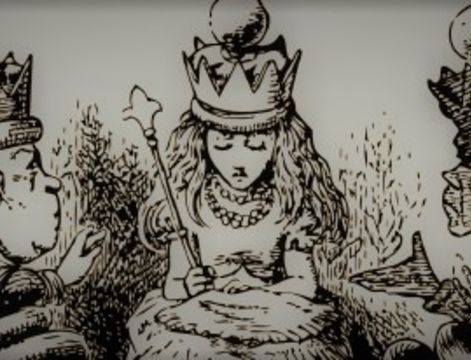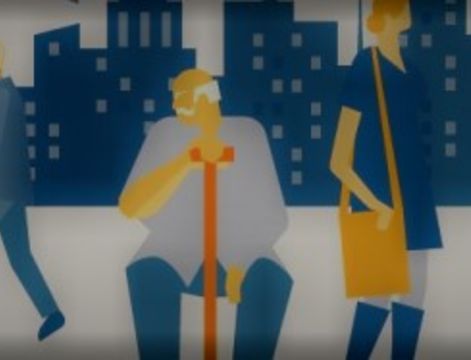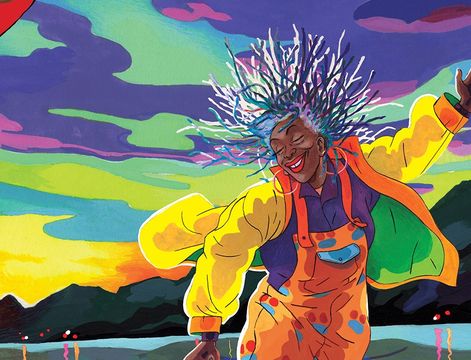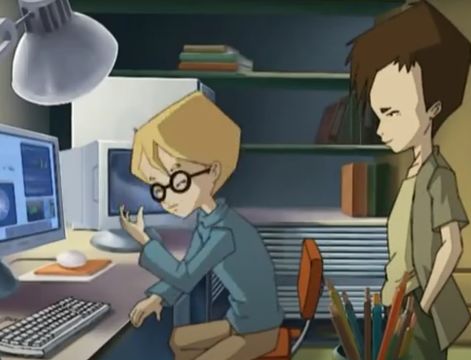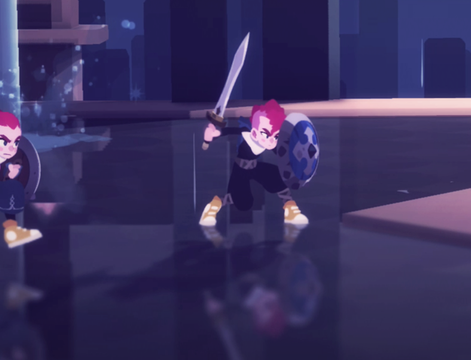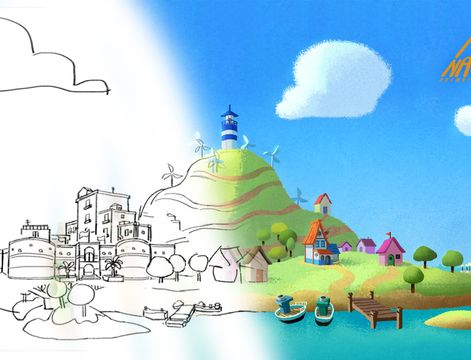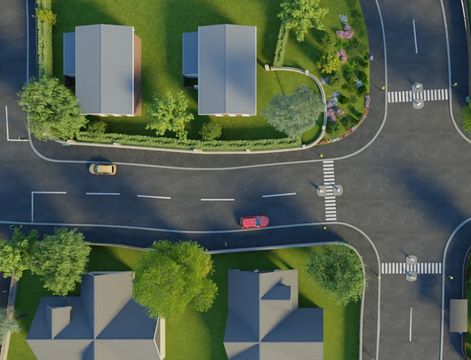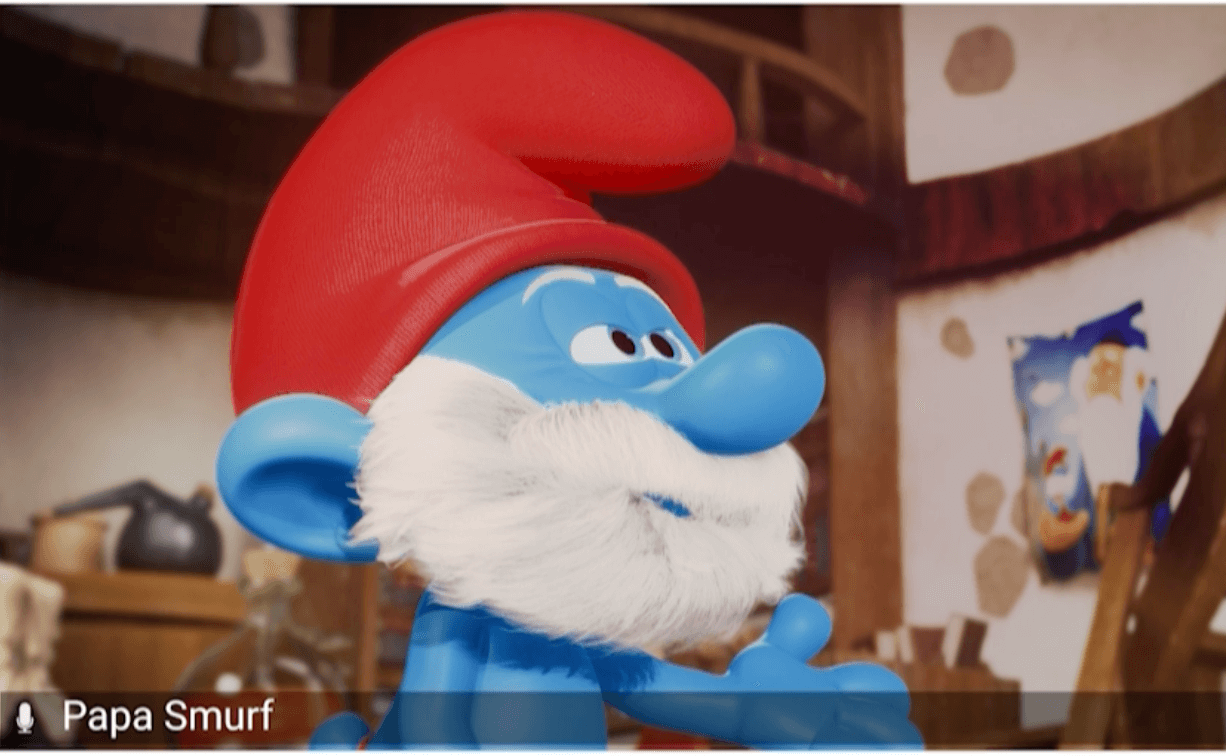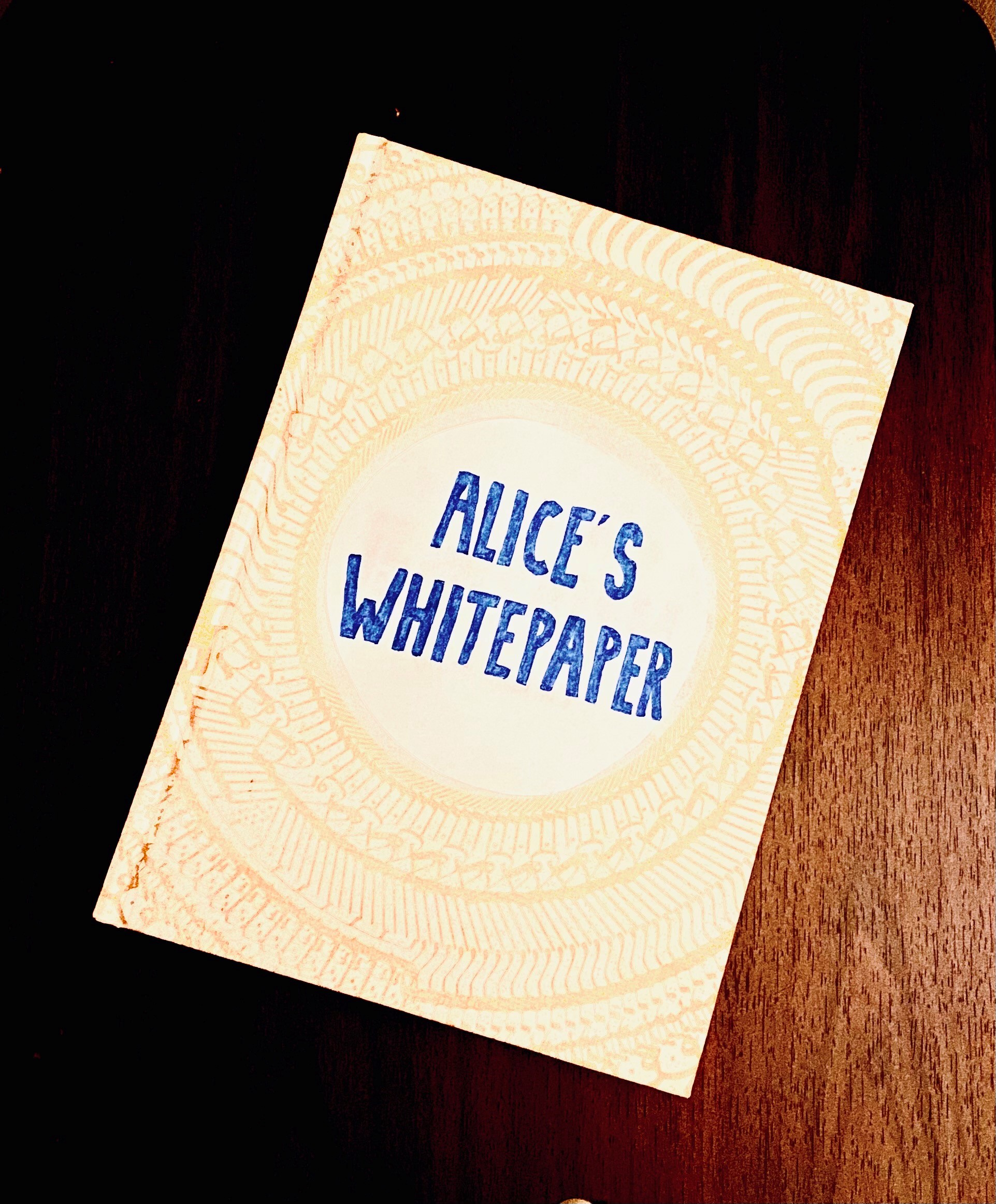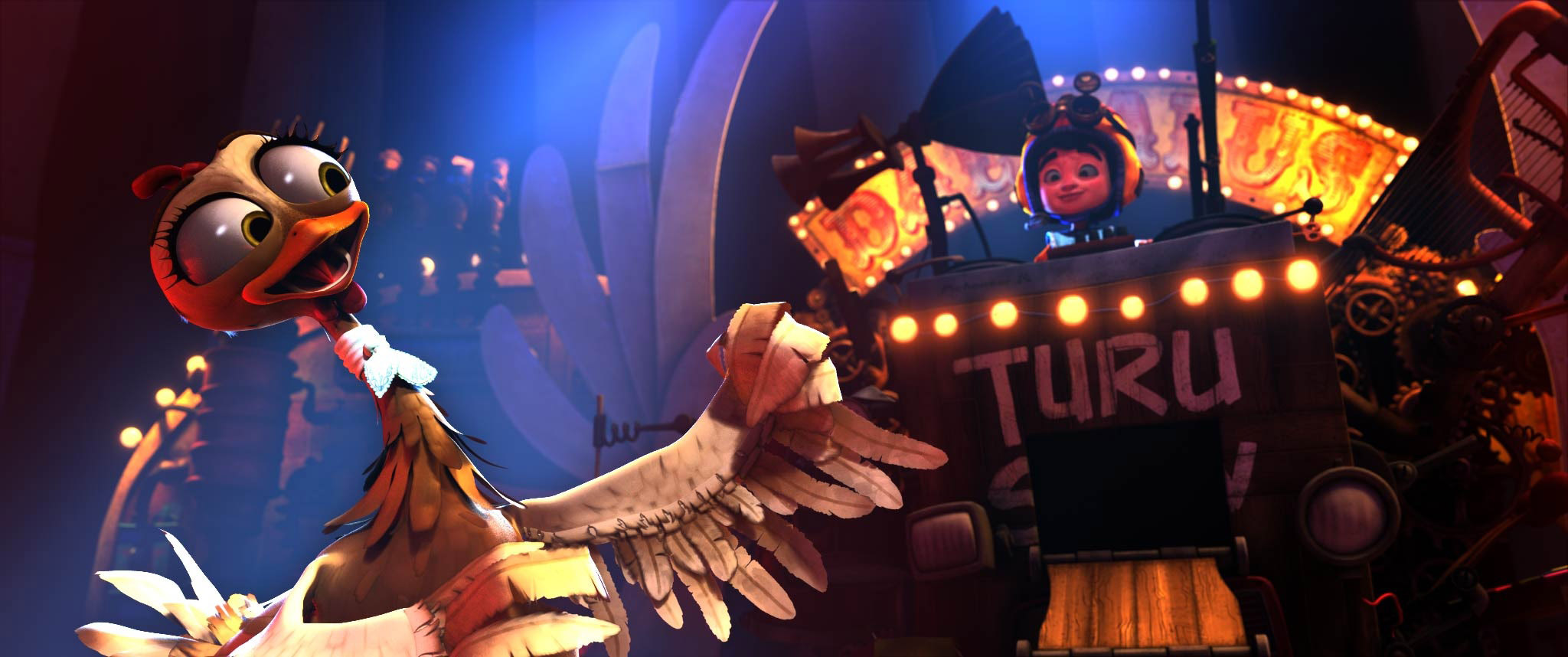The launch of the Next Generation EU instrument reflects a common concern for the future in the face of the need to activate the economy after Covid and better prepare for the next crisis. It is up to us, animation producers, to define what that means in our field. Whatever else it is, it involves working hand in hand with institutions and television broadcasters and with other actors from the audiovisual and cultural sector.
European funds, channeled into different instruments, will be administered by local governments through various entities (including Ministries, Councils, institutes, and existing programs) according to a framework that remains unknown to the experts themselves. Is there a way for us to influence the destinations and management of this indefinite flow of money? How can we ensure that their use has a real impact on our animation industry and that they do not remain good intentions with little effect?
We have to try. Ministries and the Government of Catalonia are encouraging public-private cooperation, and this is logical: it is not for the funding agencies to fill their programs with content, nor it is their job to lead innovation, but rather to facilitate these things. We should learn our lessons from the crisis in terms of digital transformation, social cohesion through culture, sustainability, modernization of administration processes, resilience and innovation.
In our dialogue with the administrators of these funds, we, animation producers, must address questions that go beyond the quantity and the mere distribution of funding: "How much for animation for TV, what percentage for feature films..." We must put forward proposals that truly embody innovation and sustainability, that explore new business models and formats, new production and distribution techniques, new ways of working with broadcasters and with the funding institutions themselves.
For example, the project "Catalonia, the driving force for audiovisual innovation and video games in Southern Europe " promoted by the Government of Catalonia and widely supported by the industry, could have, if realized, a tangible positive impact, provided that we, producers, help to articulate its program.
The modernization of administration processes is one of the explicit objectives of the NextGen EU program. It is a historic opportunity for the renovation and updating of the ICAA whose lack of concern and inability to generate adequate support foundations for animation have had destructive consequences for the sector. Funding programs’ cumbersome and obsolete rules make it easy to justify forced reimbursements of grants under various pretexts. Animation production companies have paid the price for it. This dysfunctional system has been repeated over the years, damaging animation production companies and leading them to bankrupt in many cases.
Not so long ago the ICAA's funding applications included a question of whether an animation project for the web was in black and white or in color. Still today, the treatment of animation is outdated and inefficient, creating unnecessary bureaucratic hurdles for animated productions and co-productions with great potential. If it is not able to properly support a form of media that has existed for hundred years, how can ICAA support the audiovisual creation of the future, based on virtual reality, artificial intelligence, blockchain? Hopefully this modernization will take place.
In some areas, digital transformation has emerged quickly and spontaneously. We’ve seen a growing demand for audiovisual content and the flourishing of services such as Filmin, the standardization of remote work, the online adaptation of events such as Cartoon Movie, MIFA, etc. In other areas, it will be necessary to demonstrate agility and wipe the slate clean.
The future of animation in Europe depends on producers getting out of their comfort zone and broadening their horizons. Reaching out to young people who want to enter the industry, working with fiction film producers and videogame studios as well as with production companies from other European countries. Beyond solidarity between cultural sectors, dialogue and "positive interdependence" can generate synergies and bring solutions for all. For example, real-time production in virtual environments could offer a new avenue for theatrical productions. The three years ahead of us will be exciting times and full of opportunities. We have no time to lose.
This article by animation producer Pablo Jordi was first published in Spanish and Catalan on PROA's website on March 15, 2021. For the original article: www.proafed.com/que-podemos-hacer-con-los-fondos-europeos.
Cover picture: ‘Royals’ Next Door”, ©Pikkukala, 2021.
